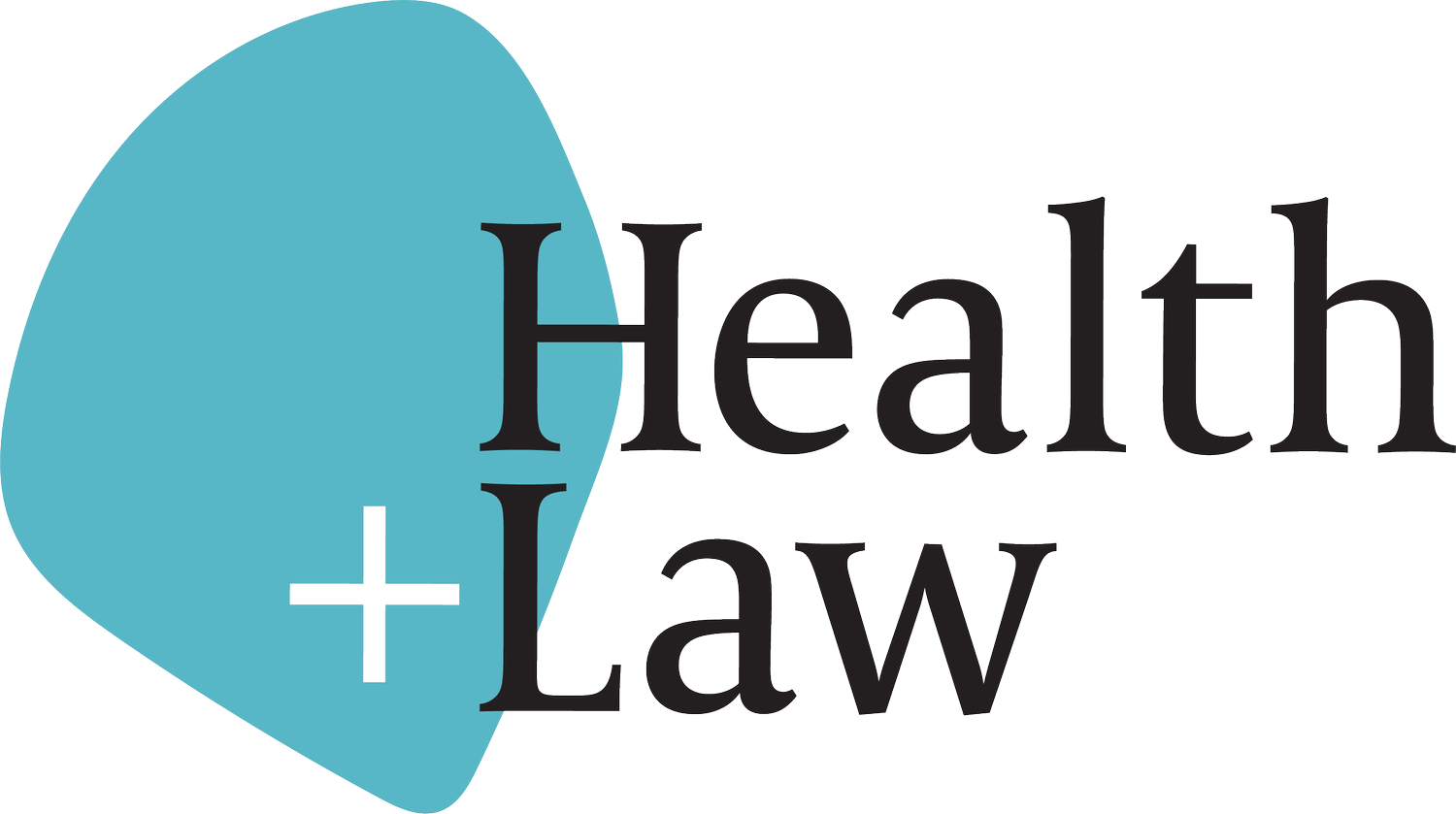Introducing the Hepatitis B Visa & Migration FAQ
For people affected by hepatitis B, the journey through the Australian visa and migration system can be stressful, uncertain and costly. The administrative processes demanded by the health requirement and mandatory health assessments for visa applicants add an extra layer of complexity. People living with hepatitis B going through this process are often left with more questions than answers, and very little publicly available information to guide them.
In response to this need, a collaborative team of health practitioners, researchers, lawyers, epidemiologists and advocates from LiverWELL, Hepatitis B Voices Australia, the WHO Collaborating Centre for Viral Hepatitis and Health+Law have contributed to and supported the development of the Hepatitis B Visa & Migration FAQ. The FAQ is a resource designed to demystify the migration process and provide clear, up-to-date and reliable guidance for people affected by hepatitis B, their families and communities, and the peers and professionals that support them. The guide is intended to address the real-life migration and visa-related questions that individuals and families affected by hepatitis B grapple with.
Meantepy Hoeung, a Health Promotion Officer at LiverWELL, Victoria’s peak organisation championing the interests of people affected by or at risk of viral hepatitis and liver disease, and the recent City of Greater Dandenong Young Leader of the Year talked to Health+Law about the driving force behind this resource, and how it was developed.
‘I decided to develop the Hepatitis B Visa and Migration FAQ resource because I saw a significant gap in accessible, simple and accurate information for people navigating visa applications while living with hepatitis B’, Tepy recalled. She continued, explaining that:
Through my work on LiverLine and HepLink Australia [formerly the National Hepatitis Infoline], I frequently received emails from individuals from migrant and refugee backgrounds who were anxious about how their diagnosis might impact their visa. Many had encountered misinformation, language barriers, or even fear-driven advice from migration agents and community members, which often led to unnecessary stress, delays or even visa refusals.
Initially, this list of visa and migration FAQs was developed for internal use among LiverLine operators, to support them to address migration-related inquiries when these inevitably emerged. Later, Professor Ben Cowie requested that this resource be adapted for the LINC-B project, a pilot program that aims to connect people diagnosed with hepatitis B to healthcare services and provide them with the information and care they need in a safe, culturally appropriate and timely manner, as quickly as possible after a diagnosis.
The FAQ resource is now publicly accessible and will now be shared with nine local public health units in Victoria to assist public health officers charged with contacting people who have tested positive for hepatitis B, including those who are currently on the journey through the Australian visa and migration system.
The questions included in the FAQ were assembled in direct response to the needs of the community. They are, as Tepy explained, the same questions the community have been asking: ‘The questions in the FAQ are community-focused and based on actual inquiries received through LiverLine, the National InfoLine, HepBcommunity.org, and my own lived experience’.
Tepy also explained the importance of working with community on a resource like the FAQ:
Collaborating with individuals with lived experience was important, as it allowed us to better understand the diverse challenges people face, as each person's circumstances are unique. For example, hepatitis B and pregnancy is a specific concern that requires tailored information and support.
To ensure the answers to these questions were accurate and up to date, the resource was reviewed by lived experience representatives, public health experts and legal professionals, ensuring it was both practical and relevant to its intended audience, and based on the most recent evidence.
Individuals affected by hepatitis B, migration professionals and other service professionals who provide care and support to people living with hepatitis B and members of that community will benefit from the FAQ. A number of community members have already expressed the power of the resource:
This is a wonderful resource. We will share it with our Chinese community group. We are so grateful and thankful for what you have done to support us. —Chinese Community Member
I found the online resource about the Hepatitis B Visa and Migration FAQ. It helped me understand my rights and eased my anxiety while I was waiting for my health examination and visa outcome. I received my visa grant within 6 working business days after completing my health examination. Following your advice, I am now receiving treatment from an s100 prescriber in WA.
—Cambodian Community Member
This is a great resource, especially for the community, as it will be available in Vietnamese language. We barely find this kind of information on the internet.
—Vietnamese Community member
These comments underscore both the demand for this resource and the benefits it is already enabling. You can access the Hepatitis B Visa & Migration FAQ here.
If you are interested in learning more about hepatitis B and migration, you can explore some of our previous research and updates:


